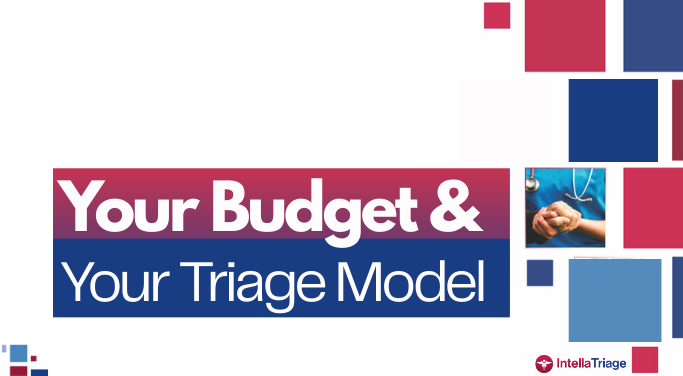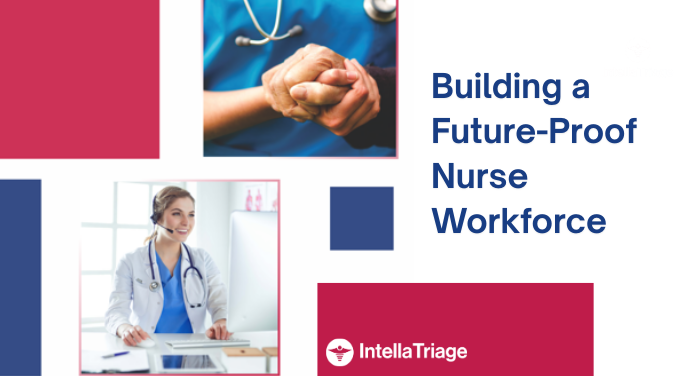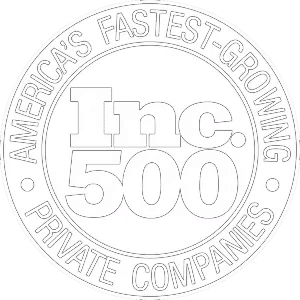,With nurse triage, between the ever-growing nursing shortage and the heightened demand for convenient healthcare options, the need for an emerging specialty service – nurse-based triage – is more important than ever. Implementing a nurse-first triage service line can help healthcare organizations rise to the challenge and, more importantly, deliver better care. Hospice and home healthcare organizations should consider the following criteria when selecting a nurse triage service.
1. Experienced, Licensed Nurses are a Must
It is essential to partner with a nurse triage service line provider that follows the highest standards of licensure and only employs experienced, licensed nurses. Your nurse triage service provider must train their triage nurses explicitly to perform telephone triage. Many medical answering services and call centers employ non-clinicians to answer patient and caregiver calls. These non-clinicians act as a go-between for patients and clinicians. While it can be a smaller monetary investment, this model causes delayed access to care for patients, increased wait times and requires that all calls be directed to on-call staff nurses.
With the nurse-first model, patient phone calls are answered immediately by a licensed nurse with the proper training and experience needed to provide quality care. Without it, patients are forced to leave a message or wait for their call to be forwarded.
2. Being Available 24-hours a Day, 7 days a Week
While a typical workday ends at 5 pm, patient needs do not. In order to ensure that patient needs are addressed immediately and preventable readmissions or 911 calls are avoided, regardless of the time of day, home health organizations should be sure to find a triage service that can cover their patients after-hours. Nurse triage services like IntellaTriage understand that your patients deserve the same quality of care, day or night. Additionally, IntellaTriage nurses are able to address a large percentage of after-hours calls. This service delivers much-needed peace of mind to the field nurses who trust that their patients’ concerns are taken care of throughout the night.
3. High Availability
Geography has been a limiting factor in nurse staffing for decades. As many providers are experiencing gaps in coverage due to staffing shortages and burnout, the most advanced nurse triage services employ a remote-based network of nurses to ensure high availability and preserve a high-quality patient experience.
The remote, networked model provides the nurse triage service and its customers with:
- The ability to recruit nurses who are best suited for telephone triage from any location in the U.S.
- Full nurse coverage for all types of providers.
- The ability to scale up nurse operations quickly along with census increases.
- Nurses who are always readily available and properly trained to address patient needs over the phone when appropriate.
4. Communicate with Patients and Caregivers on Their Level
When it comes to patient engagement, a single source of outreach (usually a phone call) no longer does the job. And when it comes to coordinating care between triage nurses and field nurses making house calls, phone calls also no longer do the job most efficiently. In today’s mobile age, patients and caregivers alike expect multiple communication options and personalized care across their entire encounter.
Today the majority of nurse triage services providers still rely solely on telephone technology, but there are a small number of more advanced and mature providers that have invested in high-quality, advanced technology to help the triage nurses communicate with both patients and field nurses in any location, from any device, at any time, including telephone, HIPAA compliant chat, video, and secure email.
5. Speed-to-Nurse
Most nurse triage services will utilize a nurse callback model. With this model, a non-clinician care coordinator answers the call first to capture the caller’s question or concern. They collect personal information, which will have to be recollected by the nurse later. Then, the coordinator places the caller a queue to receive a call back from a licensed nurse. This typically occurs within an average of 30 minutes.
This model creates delays in patient care and potentially misses the opportunity to avoid costly ER visits and 911 calls. True nurse triage services that focus on patient care will never put a non-clinician barrier between patients and nurse care. With IntellaTriage nurse triage, a licensed nurse answers patient and caregiver calls the first time, every time, in under 60 seconds.
6. Ability to Integrate With the EMR
A company that charts directly in your EMR allows both field nurses and triage nurses to have a complete picture of the patient’s medications, medical equipment, symptoms and previous caregiver calls. This provides patients with better continuity of care. It also reduces the administrative cost of manual note submission into the EMR the following day.
IntellaTriage: Your All-In-One Solution
A consistent stressor for hospice field nurses is the volume of calls they receive after-hours. IntellaTriage nurses act as an extension of the care team, able to handle up to 75% of calls, including symptom management, medication refills and even emotional support. In turn, IntellaTriage is helping organizations across the nation address nurse burnout and turnover, improve patient and caregiver satisfaction and realize cost savings.
If you’re ready to transform your after-hours care, contact us today.
This post was originally published in June 2019 and has been completely revamped and updated for accuracy and comprehensiveness.
Contact Us for a Consultation
Ready to optimize your triage process? Reach out to us today for a consultation tailored to your needs. Let’s elevate your patient care together.
More From The Blog
Home health and hospice leaders know the strain of delivering quality care 24/7 with shrinking staff, rising patient volumes, and growing oversight. One strategy many haven’t fully leveraged yet is after-hours triage. A nurse-first triage model is about more than answering calls. Outsourcing your nurse triage function is a strategy that saves money, strengthens staff [...]
As post-acute care evolves under the weight of rising patient volumes, persistent staffing shortages, and the increasing complexity of care at home, one thing has become undeniably clear: nurse-first triage is an invaluable piece of the care-at-home puzzle. At IntellaTriage, we've spent the last 16 years proving that. From our earliest days in 2008, our [...]
In hospice and home health, nurses are the lifeline of care. But with higher acuity in the care-at-home patient population, mounting documentation demands, and a growing aging population, field nurses are stretched thin. The stakes are high for today's care delivery, but for the future of the profession itself. Persistent Post-Acute Trends Worth Paying Attention [...]


